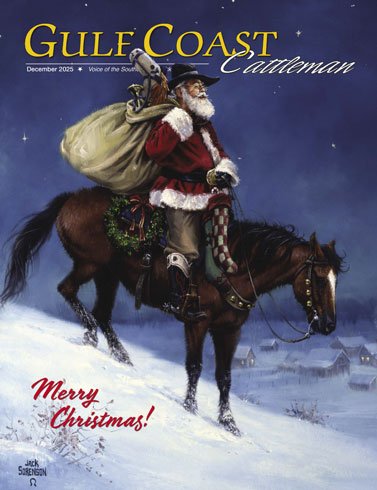Trump Orders a Redo on WOTUS
By Agri-Pulse Communications
2/28/2017
WASHINGTON, Feb. 28, 2016 – President Donald Trump today issued an executive order directing the Environmental Protection Agency and Army Corps of Engineers to reconsider their controversial Waters of the U.S. rule and narrowly interpret their jurisdiction under the Clean Water Act.
Trump signed the order this afternoon in the Roosevelt Room of the White House in front of about 25 people, including Vice President Mike Pence, First Lady Melania Trump, a small group of farmers, and Sen. Heidi Heitkamp, a Democrat from North Dakota who had long opposed the rule.
Reaction started streaming into journalists’ email inboxes hours before the order was signed. Support came from organizations such as the National Cattlemen’s Beef Association, the National Pork Producers Council, the National Corn Growers Association and the National Rural Electric Cooperative Association. Environmental groups criticized the president’s action.
NCBA President Craig Uden called WOTUS an “extremely flawed rule” and said it would force ranchers and feedlot operators to get permits or risk excessive federal penalties “despite being miles away from any navigable water.”
“America’s pork producers are very pleased that the president ordered EPA and the Corps of Engineers to repeal or rewrite this ill-conceived, overbroad regulation,” said NPPC President John Weber. “The WOTUS rule was a dramatic government overreach and an unprecedented expansion of federal jurisdiction and control over private lands.”
NCGA President Wesley Spurlock said his groups appreciates the Trump Administration’s “commitment to reducing regulatory burdens for America’s farmers and ranchers.
“We fully support the repeal of the WOTUS rule. Farmers and ranchers care deeply about clean water, but this rule had significant flaws. It was arbitrarily written, legally indefensible, and extremely difficult to implement.”
NRECA also applauded the order. “We thank the administration for hearing our concerns and pulling back this rule,” NRECA CEO Jim Matheson said. The rule “would increase costs for electric co-ops to build and maintain critical infrastructure without meaningful environmental benefits.”
Environmental and sportsmen’s groups sharply questioned Trump’s action, however.
Scott Faber, the Environmental Working Group's senior vice president for government affairs, said that “withdrawing the Clean Water Rule will leave the drinking water supplies of more than 100 million Americans unprotected by the EPA.”
Natural Resources Defense Council President Rhea Suh said the rule is well supported by both “science and law.”
“The rule was developed over many years, after more than 1 million public comments,” she said. “We all rely on healthy wetlands to curb flooding, filter pollutants, support fish, waterfowl and wildlife, and feed our rivers and lakes.”
Trout Unlimited also criticized Trump. TU President and CEO Chris Wood said the rule “provides protection to streams and rivers including 60 percent of the stream miles in the U.S. that flow seasonally. Protecting these headwaters is important not only to anglers, but also to the one in three Americans whose drinking water comes from small seasonal streams.”
The “waters of the United States” rule, also known as the Clean Water Rule, was announced in May 2015 and became effective in August 2016. However, the rule, which attempts to define which waters of the U.S. are subject to jurisdiction under the CWA, quickly became the subject of court challenges. The 6th Circuit Court of Appeals stayed its implementation nationwide in October.
The litigation has now shifted to the Supreme Court, which has decided to tackle the question of where the case should be adjudicated – in federal district courts, as sought by the industry and environmental groups challenging it, or in the federal circuit courts of appeals, as the government argues and the 6th Circuit narrowly determined.
The Supreme Court case is proceeding slowly. Briefs and the government’s response are due by late May.
Written by Stephen Davies for Agri-Pulse Communications.

